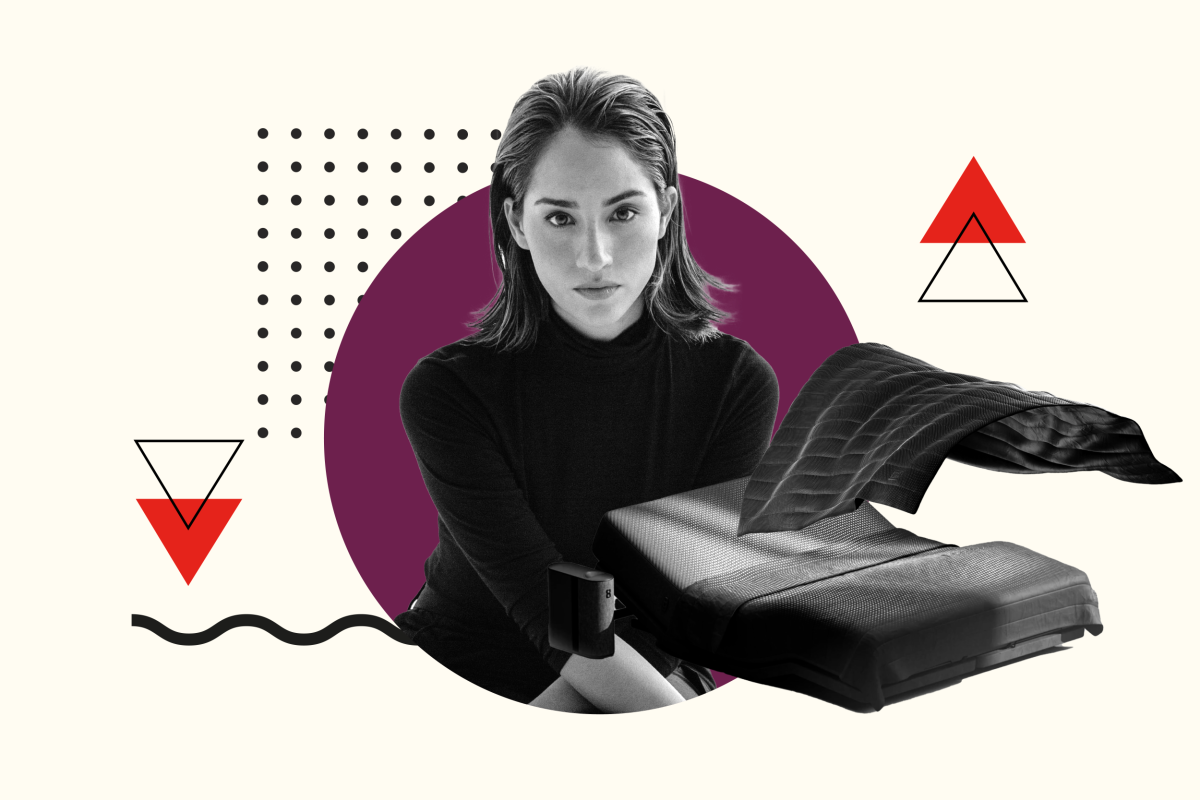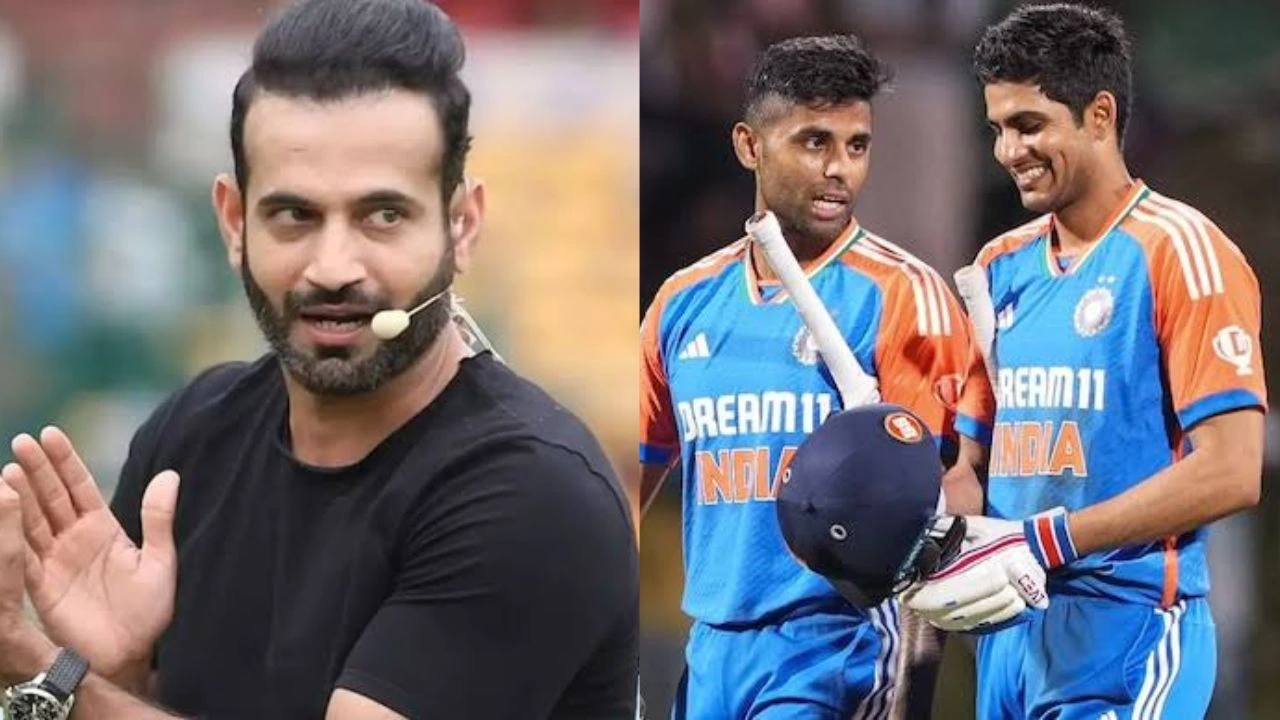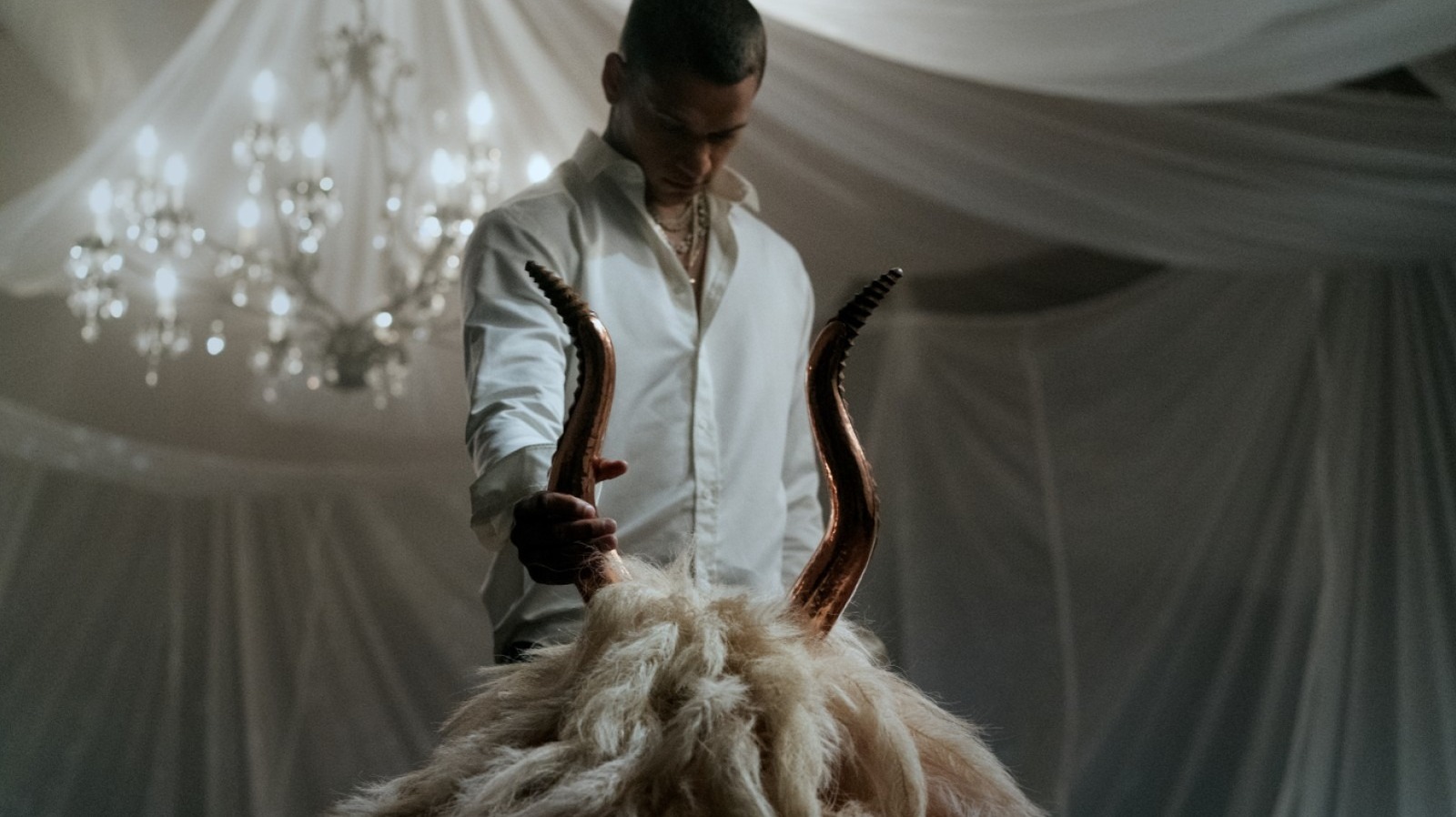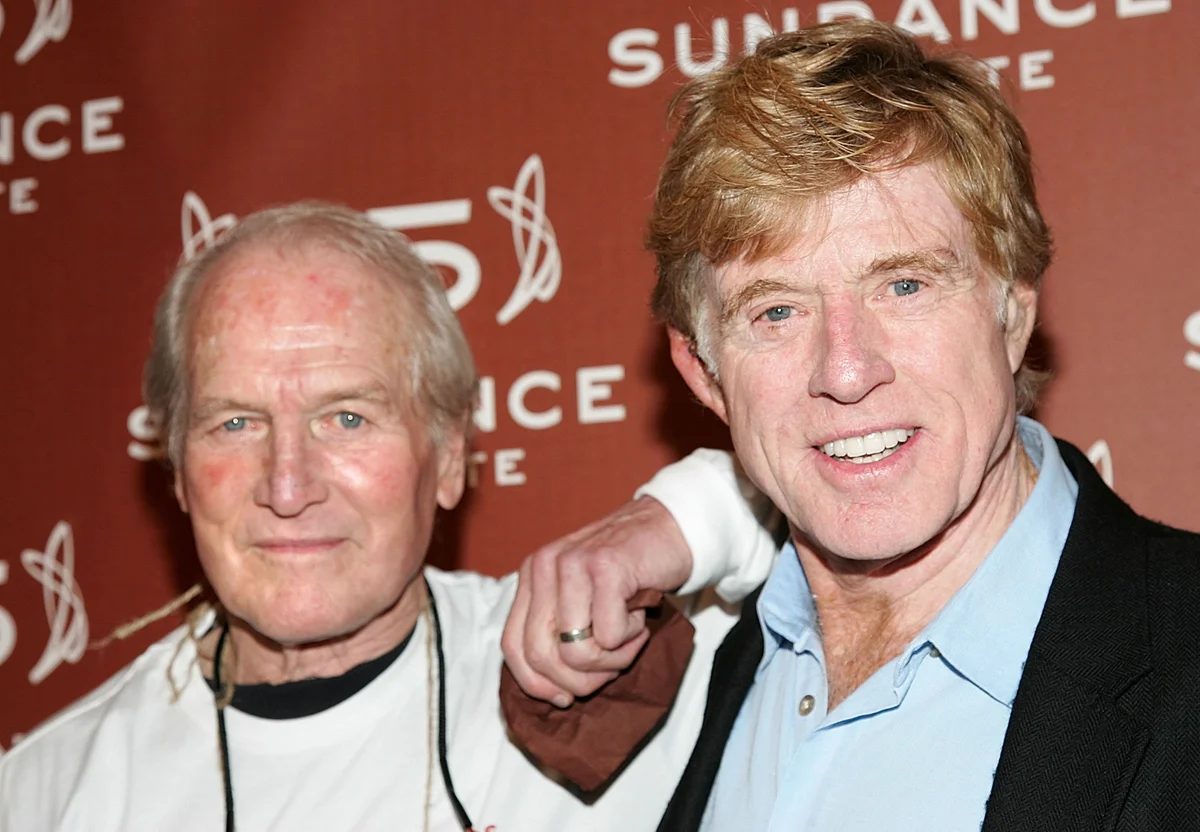
In the city that never sleeps, employees at one startup are competing to find the best sleeper. And there’s a clear frontrunner, according to the leaderboards at Eight Sleep’s New York City office.
“I’m a really good sleeper,” Alexandra Zatarain, the company’s co-founder and chief marketing officer, laughed. “I’m always winning. When I’m traveling away from my Pod is when someone else can finally win.”
Eight Sleep, which bills itself as a “sleep fitness” company, is best known for its Pod, a smart mattress cover with an immersive heating, cooling and elevation system. Much like a wearable, the Pod also tracks sleep metrics, allowing users to test whether it really lives up to the promise of deeper slumber. Instead of slipping on a ring or strapping on a watch, you simply lie on top of it.
“Sleep is the number one challenge for so many people in the world right now,” Dr. Greg Wells, a physiologist and the best-selling author of titles like “Rest Refocus Recharge: A Guide For Optimizing Your Life,” told Newsweek. “Whether it’s athletes, businesspeople, knowledge workers, everyone is struggling with sleep. And the data backs that up. Twenty-five percent of Americans have a diagnosed sleep disorder. It’s a huge number.”
“What we’ve discovered is that sleep is a superpower,” he said. “When you sleep well, you learn better, you’re more creative, you can problem solve. These are all critical factors for us to work, and if we’re not sleeping, we can’t work well.”
Few know that as well as tech billionaire Mark Zuckerberg, seven-time Formula 1 World Champion Lewis Hamilton, top-ranked American men’s tennis player Taylor Fritz and longevity’s poster child Bryan Johnson—all of whom go to bed on Eight Sleep mattresses. And the 11-year-old startup isn’t stopping there.
Last month, Eight Sleep’s valuation grew to almost $1 billion after the company raised another $100 million in a Series D funding round. Following the announcement, the company said it was planning to expand to Asia and to launch branded retail stores. Then, two weeks before Zatarain sat down with Newsweek in early September, Eight Sleep also filed its first application with the FDA.
“We’ve always had that north star of improving sleep, but it’s also—as Matteo [Franceschetti, Zatarain’s co-founder and husband] describes it—saving your life,” Zatarain said. “We believe your bed can become your main health checkpoint every single night.”
Filing for medical device classifications is the natural next step given the company’s mission and Zatarain’s own motivations to join Eight Sleep.
Of course, her marriage was a large factor in the decision to go into business with her husband and his friends (Eight Sleep’s two other co-founders are Massimo Andreasi Bassi and Andrea Ballarini). But what drew her most to the venture was a hope that this type of technology could have prevented her father’s death.
“Right around the time that they started exploring this, my dad was going through cancer,” she said. “It was four months between when he was diagnosed with colon cancer to when he died. It was a very fast period.”
“[Franceschetti and Andreasi Bassi] always had a vision that, through the information that we could gather while you were asleep, we could anticipate things developing in your body related to your health,” she said. “I thought, ‘What could have happened if we had this type of product on my dad’s bed? Maybe we could have seen something was happening with his biometrics and he could have gone to the doctor before it was too late.'”
Wearable technology has advanced rapidly in recent years. Wells said that smartwatches can collect data that’s not only reliable but also pretty accurate.
“I remember sitting in my laboratory and looking out at all these athletes doing these very intense tests, using this incredibly advanced equipment that costs hundreds of thousands of dollars to run and operate,” Wells chuckled. “I was reading an article about this new thing called Apple Watch, and I realized, ‘Oh my gosh. Everything in my lab is going to be on everyone’s watch’… What’s happened is that laboratory-type testing has been democratized and given to everyone using wearables.”
Products like the Pod benefit from a major convenience factor.
“Current wearables, especially smart watches, you have to put on or off,” Cindy Hsin-Liu Kao, the founder and director of Cornell University’s Hybrid Body Lab, told Newsweek. “But when you’re going to bed, you just kind of flop onto your bed.”
“I am curious about the diversity of the biosensors [Eight Sleep is] able to integrate though,” Kao added. “Sensor placement on the body is very important for bio signal detection… I think [the Pod] could give you a good picture [of your health] but the level of precision could be a trade off [in comparison to wearables].”
The problem, as Wells sees it, is that there continues to be a gap when it comes to “translating that into an individual recommendation that is based on your own data.”
“It certainly gives us data that’s related to your risk of all-cause mortality. If you improve these numbers, there’s a very good chance that you’re going to improve outcomes over time,” Wells said.
But figuring out how to improve those numbers remains a gray area.
Still, Eight Sleep’s filings with the FDA are part of a paradigm shift that’s been underway for the last eight years. Since the federal agency cleared the first medical device accessory for Apple Watch in 2017, consumer wearables including Fitbit, Oura and WHOOP have all conducted clinical studies in hopes of getting a sign-off from the FDA.
That approval process could soon ramp up. U.S. Health and Human Services Secretary Robert F. Kennedy Jr. told Congress in June that his agency was launching a campaign to encourage the use of wearables.
“We think that wearables are a key to the MAHA agenda – Making America Healthy Again,” Kennedy said at a congressional hearing. “My vision is that every American is wearing a wearable within four years.”
Eight Sleep may ultimately reap the benefits of the current landscape, but by no means does it see itself as a wearable company. Its position as a pioneer in the “sleep fitness” space, after all, has been instrumental in the company’s success.
When the startup launched its first product in 2015, its founders struggled to describe what their product was.
“Is it a sleep tracker? Is it a mattress?” Zatarain recalls asking herself. “We came up with this idea that it was a smart mattress cover. But it turns out, no one wakes up and says, ‘I need a smart mattress cover.’ We needed a way to talk about it, and the challenge was that we were creating this new category.”
Early crowdfunding suggested there was real interest in the idea, but shortly after, Eight Sleep struggled to grow. For four years, the company constantly reiterated itself to keep the business going, and while they were slowly making money, “it was hard,” Zatarain said.
“It wasn’t until 2019, when we launched the Pod that we repositioned the brand,” she said. “That’s when everything came together.”
Figuring out what Eight Sleep really was, however, was just the beginning.
“You could define yourself as whatever you want, but how do you get people to want what you’re selling and to want to adopt this as a part of their lives?” Zatarain said.
As the company’s CMO, that was her job to figure out.
A large part of that was asking consumers what they wanted. As part of its rebranding, Eight Sleep turned to early adopters to figure out what products they wanted. Customers said they wanted full temperature regulation. Some asked for vibrating alarms.
Today, the Pod 5 Ultra—which retails for $5,049—has all those requests.
With Eight Sleep’s mattress cover, those who sleep hot can keep their beds as cool as 55°F, while those who run cold can heat their beds as hot as 110°F. The temperature adapts to a user’s sleep cycle in real time, dropping ever so slightly so that it’s easier to fall asleep, changing again to push a user into deeper REM sleep and rising back up when it’s time to wake.
Each side of the bed also works independently. So, two people can both optimize their sleep at the same time—even if they have opposing needs.
The Pod’s other features include elevation and sound. Its base lifts to relieve back pressure, and if it detects snoring, it will gently hoist your head just enough to help you breathe regularly again. The sleep system’s integrated speakers offer a selection of surround sounds, from white noises, like “island beach life,” to guided meditations narrated by neuroscientist Andrew Huberman.
Eight Sleep also rolled out a built-in alarm, known as GentleRise, that vibrates gently under one or both sides of the bed and can be turned off by tapping a switch on the side of the mattress.
“It’s fascinating when you listen to your customers,” Zatarain said. “You can build something and there’s already proof they will buy it.”
Eight Sleep has also built an incredibly sharp marketing strategy, positioning itself as an essential among the world’s highest-performing athletes. This other half of Zatarain’s job, however, has been easy. Because the company only signs brand ambassadors who were Eight Sleep customers to begin with, the biggest names in sports have been knocking on her door, not the other way around.
Every athlete that the company has worked with—from Hamilton to Fritz and Formula 1 racer Charles Leclerc to the professional cyclists on the EF Education-Easy Post team—has slept on the Pod for months before a partnership conversation even begins.
When it comes to determining which of these Eight Sleep fans make it onto their ads, Zatarain said, “We choose these sports because they are sports that we know and love as founders.”
“We understand what sleep means in each of these sports,” she said. “They’re very grueling sports in different ways. Tennis and F1, for instance, are sports where they’re traveling globally the majority of the year. Their sleep schedules are very, very tough.”
Asked how she personally maintains such strong sleep metrics, Zatarain said she keeps her routine “simple.” Her Pod is set to her preferred temperature (warm). It’s usually tilted up in reading mode so that she can catch up on her phone before bed. The lights are dim as the sound of fire crackles in the background. Sometimes, she’ll spritz her pillow spray. Most nights, she uses mouth tape.
“On the other side, it’s the consistency,” she said. “By 9:30 p.m. to 10 p.m., we’re in bed. And usually, I don’t even use an alarm. I’ll just wake up naturally because I’m so consistent. I get eight to nine hours almost every night.”
Basically, Zatarain has nailed the two major metrics for sleep: total sleep and sleep regularity.
“We now know that if you get between seven to eight hours of total sleep per night, you’re at a lower risk for all-cause mortality and a longer lifespan,” Wells said. “The other metric that’s really important for predicting longevity is how consistent you are with the time that you fall asleep.”
Zatarain knows being a good sleeper makes her an anomaly. But she’s convinced that great sleep could also become the norm.
“We’ve always seen sleep as a means to an end,” she said. “We believe that humans don’t want to sleep more. They just want to feel really good when they wake up.”
“We also believe that sleep is something that should be measured, that you should optimize, that you should prioritize,” she added. “Sleep is just like physical fitness or financial fitness or emotional fitness. It’s a journey. You’re not predestined to be a good sleeper or bad sleeper. You can work on it. There will be moments in your life when you’re fit and moments when you’re not, and that’s fine.”



